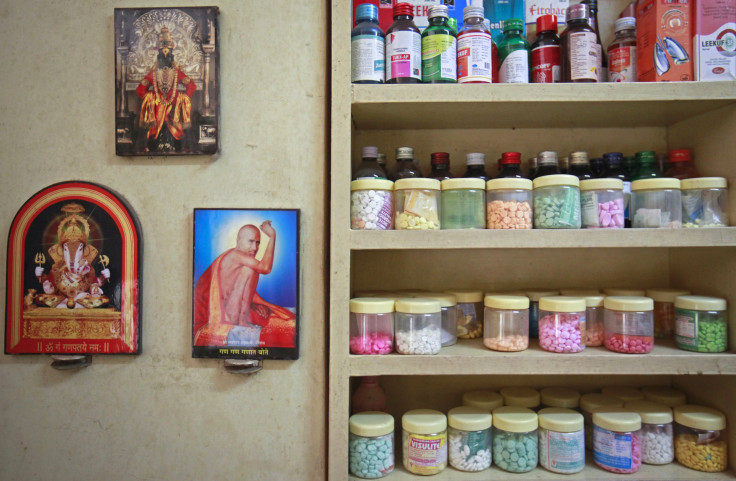India Strips Watchdog Agency Of Powers To Cap Prices Of Nonessential Drugs

India’s drug-pricing agency, the National Pharmaceutical Pricing Authority, or NPPA, will no longer have the power to cap prices of “non-essential” drugs following a new government directive, according to media reports.
In a directive, reportedly issued late on Monday, the Indian government revoked NPPA’s power to set price caps on nonessential drugs. However, the withdrawal will not affect price caps set by the agency in July on over 100 drugs. A number of pharmaceutical companies, including Novartis, Ranbaxy Laboratories, Sanofi SA, Merck & Co Inc, Pfizer Inc and Abbott Laboratories, have been affected by the Indian drug pricing agency’s July decision.
In July, NPPA capped prices of over 100 drugs used to treat diabetes and cardiovascular diseases that weren't considered essential by the government, in a move that triggered protests from many pharmaceutical companies -- whose profit margins are now under threat -- and their investors.
The NPPA has the power to set a cap on the prices of “essential medicines,” which, according to World Health Organization guidelines, are drugs that cater to the health care needs of the majority of the population. However, in May, the agency’s power was expanded and it was given the authority to set the prices of many drugs not present in the essential medicines list, if it was deemed to be in the public interest.
The Indian government’s decision comes just days before a scheduled court hearing in a lawsuit, filed by the Organisation of Pharmaceutical Producers of India, or OPPI -- an industry lobby representing foreign drug makers -- challenging the price controls imposed in July. The hearing is scheduled for Sept. 29.
“We appreciate government’s decision to withdraw the guidelines on revision of prices of scheduled and non-scheduled formulations...We are still trying to understand the precise impact of this order on our member companies,” Ranjana Smetacek, director-general of OPPI, reportedly said.
© Copyright IBTimes 2024. All rights reserved.





















